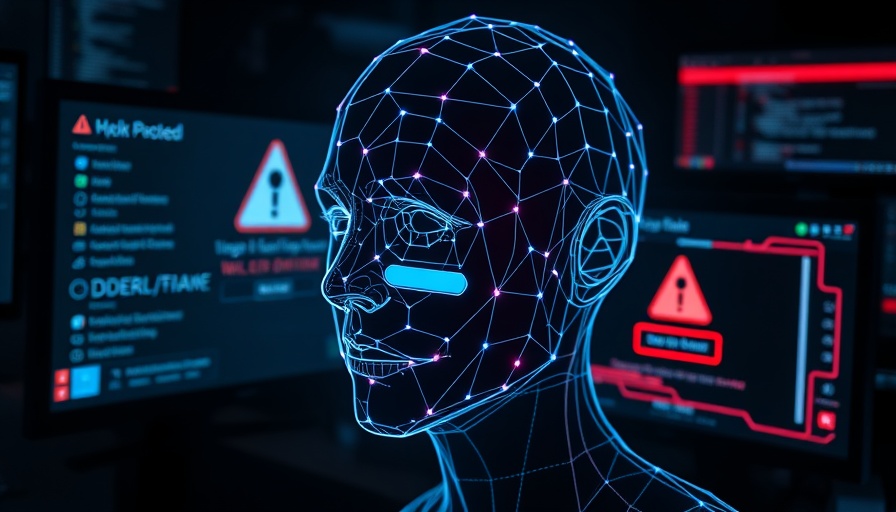
The Escalating Threat of Deepfake Fraud
Deepfake technology is evolving rapidly, posing substantial risks to businesses. A startling incident in January 2024 illustrated how deepfakes can lead to catastrophic financial loss—$25 million vanished when a finance director was deceived by a video call featuring a realistic deepfake of the company's CFO. According to forecasts by Juniper Research, global ecommerce fraud losses will explode from $44 billion in 2024 to $107 billion by 2029, marking a staggering 141% increase. In such an environment, entrepreneurs must prioritize their defense against reputational damage and legal liabilities stemming from these deceptive media.
Why Traditional Solutions Fall Short
While understanding the urgency is crucial, companies often lean on reactive measures like watermarking and AI detection tools. Unfortunately, these have shown significant limitations. Watermarking can be easily bypassed or counterfeited, while AI detectors struggle to keep pace, missing manipulated content up to 30% of the time, as highlighted by researchers from the University of Pennsylvania. Legal repercussions typically occur after the damage is done, further underscoring the need for a proactive strategy.
Innovative Solutions: Blockchain and AI for Business Protection
To combat deepfake threats at the source, an innovative approach combines blockchain technology with AI-powered digital twins. Digital twins serve as virtual avatars that can replicate their real-world counterparts, offering a bridge between the physical and digital realms. By incorporating NFT-based identifiers, businesses can create tamper-proof records of an avatar’s origin and modifications. This verifiable identification empowers companies to authenticate content before potential fraud occurs, fostering consumer trust through transparency.
Consumer Trust and Transparency
Connecting deeply with what matters to customers is essential. A recent 2024 Edelman report revealed that 62% of consumers only trust AI-generated content if its origin can be verified. The integration of blockchain authentication addresses this crucial demand, enhancing product authenticity and customer engagement. For instance, watchmaker Breitling has successfully introduced blockchain-based digital passports for their products, garnering significant consumer interest with 30% adoption rates. The rising trend of NFT-based digital passports across various sectors highlights the potential for businesses to effectively combat deepfake and fraud risks while enhancing customer trust.
Call to Action: Stay Ahead of the Curve
As we navigate this new digital landscape, CEOs and business leaders must adopt innovative frameworks for protecting their operations. Recognizing the mounting threat of deepfake fraud and proactively implementing blockchain and AI solutions can create a resilient and trust-centric business model. By embracing these strategies, organizations not only defend against fraud but also position themselves as leaders in the evolving market. Take action now to safeguard your business's reputation and revenue growth in today's dynamic environment.
 Add Row
Add Row  Add
Add 




Write A Comment